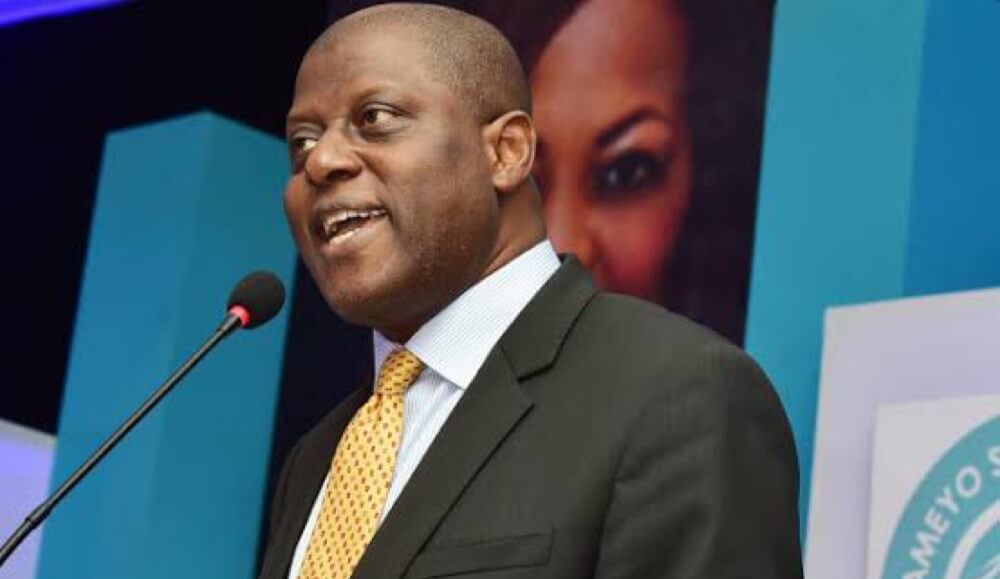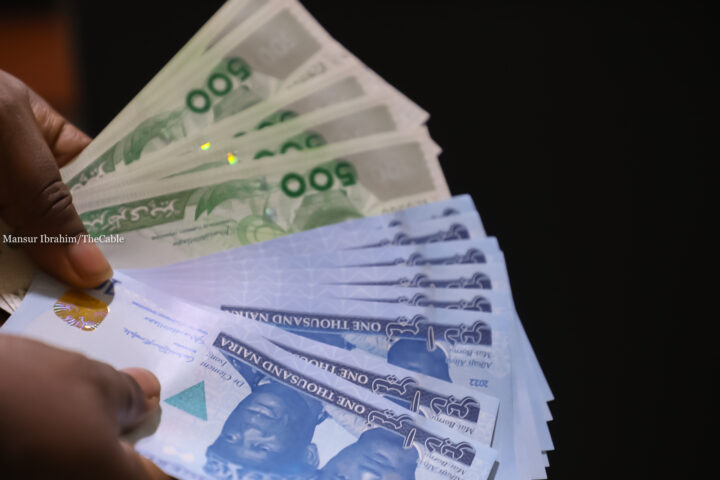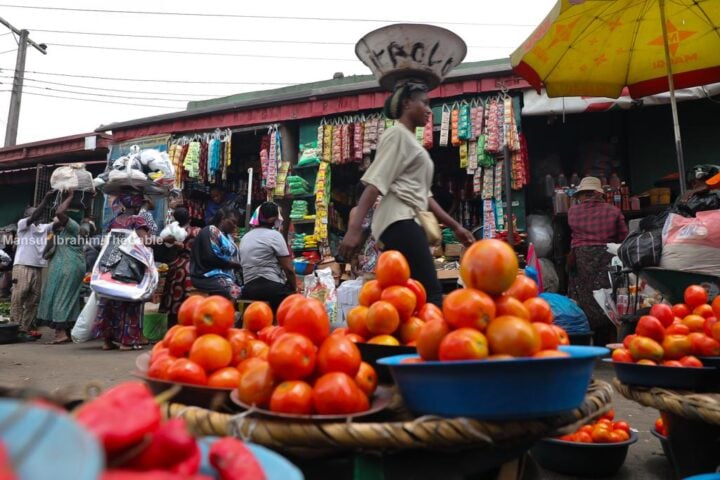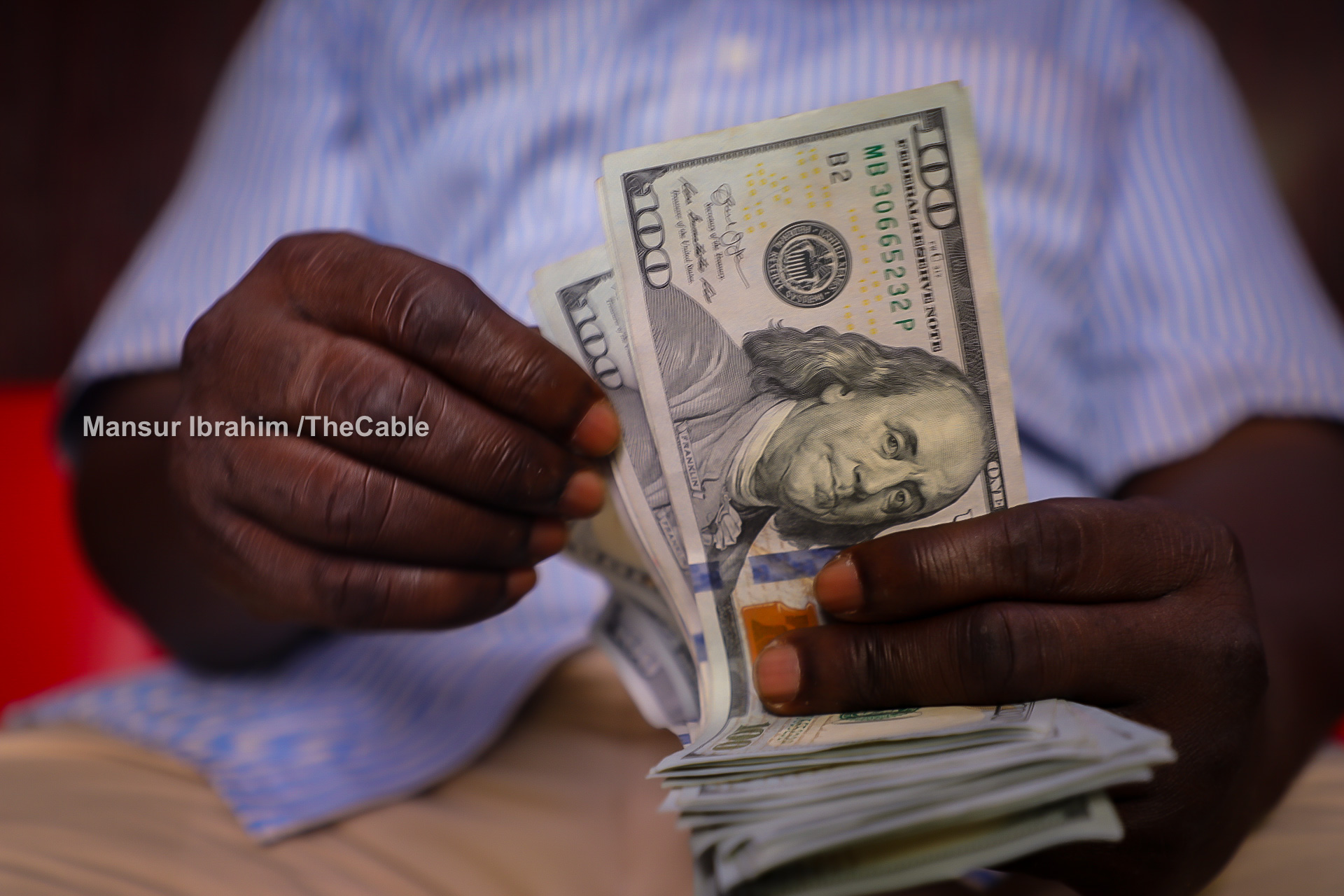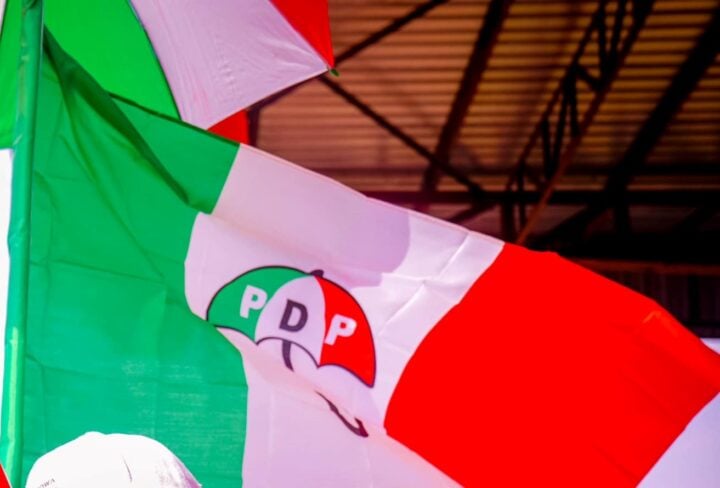Yemi Cardoso, governor of the Central Bank of Nigeria (CBN), says the foreign exchange (FX) demand for education and healthcare in the past decade has significantly eroded the strength of the naira.
Cardoso spoke on Tuesday when he appeared before the plenary of the house of representatives.
The CBN governor said between 2010 and 2020, foreign education expenses amounted to $28.65 billion while healthcare incurred $11.01 billion.
His appearance at the lower chamber followed the depreciation of the naira after the local currency hit an all-time low on January 29, 2024, when it traded at N1,348.63/$ in the official window.
Advertisement
Also, the highest exchange rate was recorded in the parallel market on January 31, as the naira traded at N1,530 against the dollar.
However, at the end of business hours on February 5, the exchange rate closed at N1,419.86/$ at the official window, while the parallel market reported N1,450 per dollar.
Speaking further on FX demand for education and healthcare, Cardoso said they amount to $40 billion, exceeding the total current foreign exchange reserves of the CBN.
Advertisement
The apex bank governor said “mitigating a significant portion” of the FX demand “could have resulted in a considerably stronger naira”.
“The exchange rate in Nigeria has increased/depreciated due to the simultaneous occurrence of two factors: A decline in the supply of US dollars coinciding with a surge in the demand for US dollars,” the CBN governor said.
“Looking at the demand side of the exchange rate, it is important to note the growing number of Nigerian students studying abroad. In the 1980s and 1990s, the need for US dollars for their living expenses was minimal.
“However, recent data shows a significant change. According to UNESCO’s Institute of Statistics, the number of Nigerian students abroad increased from less than 15,000 in 1998 to over 71,000 in 2015.
Advertisement
“By 2018, this figure had reached 96,702 students, as per the World Bank. Another report projects the number of Nigerian students studying abroad to exceed 100,000 by 2022. Additionally, the UK’s higher education statistic agency noted a 64 percent increase in Nigerian students studying in the country, rising from 13,020 in the 2019/2020 academic session to 21,305 by the 2020/2021 session.
“Given this data, it’s crucial to highlight that between 2010 and 2020, foreign education expenses amounted to a substantial US$28.65 billion, as per the CBN’s publicly available balance of payments statistics. Similarly, medical treatment abroad has incurred around US$11.01 billion in costs during the same period.
“Consequently, over the past decade, foreign exchange demand for education and healthcare has totalled nearly US$40 billion.”
Cardoso said personal travel allowances accounted for a total of $58.7 billion during the same period, with the CBN disbursing $9.01 billion to Nigerians for personal foreign travel between January and September 2019.
Advertisement
The CBN governor said the nation’s annual imports, which require dollars for payment, amounted to $16.65 billion in 1980, but by 2014, the figure rose to $67.05 billion, although it gradually decreased to $54.71 billion as of 2023.
Cardoso said food imports increased from $2.63 billion in 1980 to $14.84 billion in 2019.
Advertisement
In 1980, according to Cardoso, more than 75 percent of the vehicles used in Nigeria were domestically produced by companies like Volkswagen in Lagos, Peugeot in Kaduna, among others, however, presently, over 99 percent of the cars driven are imported, necessitating dollar payments.
“Similarly, in 1980, the majority of the clothing worn was sourced from Nigerian textile mills in Funtua, Asaba, Kano, Lagos, and various other towns and cities. Today, nearly all the clothing worn is made from imported fabrics,” he said.
Advertisement
“Given the substantial demand for education, healthcare, professional services, personal travel, and similar needs, the exchange rate is bound to face ongoing pressure.
“From the aforementioned points, we can infer that the genuine issue impacting the exchange rate is the simultaneous decrease in the supply of, and increase in the demand for US dollars.”
Advertisement
Cardoso said while stabilising the exchange rate is an official mandate of the CBN, it also requires attitudinal change in Nigerians.
